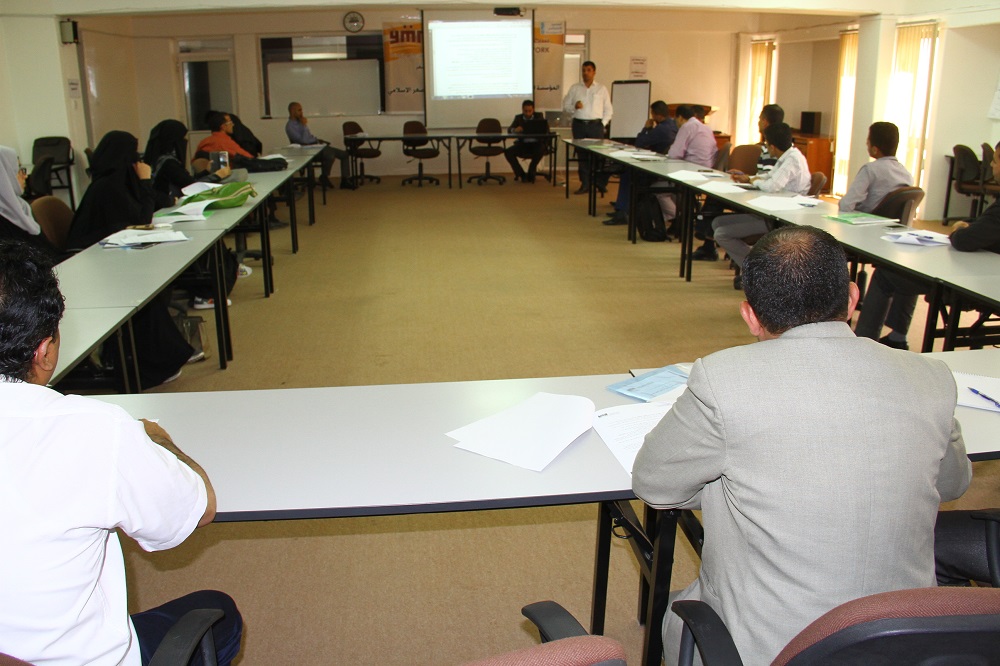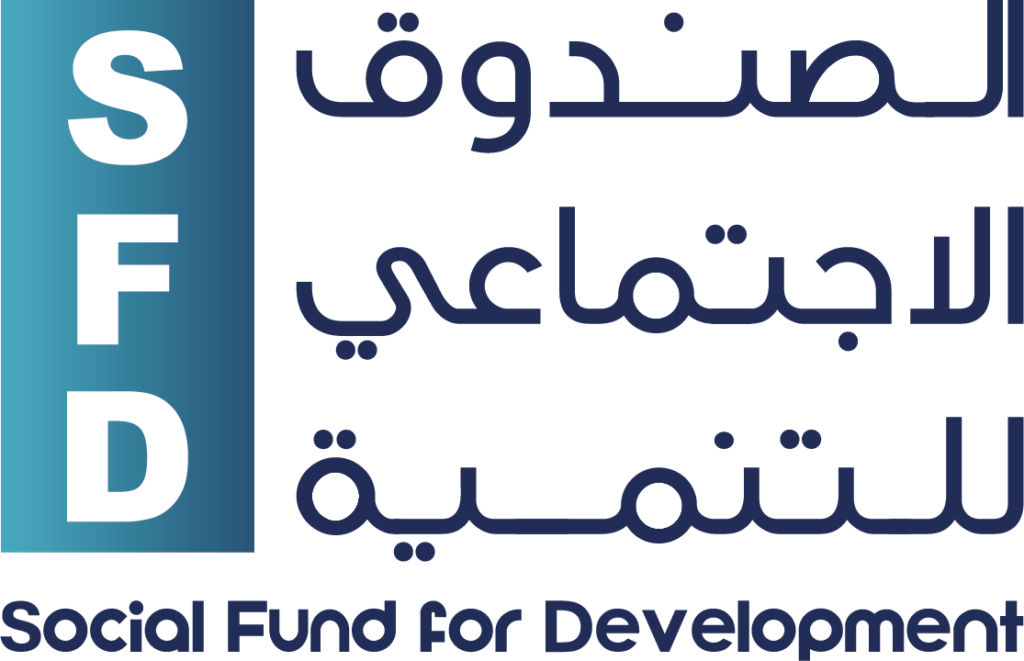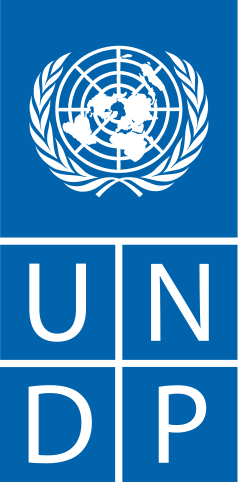On Tuesday, June 13 the Yemen Microfinance Network, organized a peer exchange program in collaboration with the National Microfinance Foundation (NMF) and Azal Islamic Microfinance Program, sponsored by the Social Fund for Development (SFD). The Program included an overview of the two organizations’ experience in a number of key areas such as operations, controlling procedures and developing new financial products. Both of them also presented their experiences in facing the challenges of the ongoing crisis.
At the beginning, Mr. Shadi Al-Munifi, the Director of Operations at the National Foundation, gave a detailed presentation on the precautionary measures taken by the organization before the war and how the organization could cope with the damage caused by the war. Mr. Al-Munifi also presented the procedures that were implemented by the Foundation for the years 2015-2016-2017 like constituting an emergency committee, updating the emergency manual, loan disbursements , development the procedures and developing the following-up mechanisms and collection. Mr. Al-Munifi presented as well the most prominent achievements during the years 2015 – 2016 – 2017 and how they were achieved.
Mr. Akram Al-Qubati, the Director of Sana’a branch of the National Foundation, presented the work in the branch and how the branch was able to work in light of the crisis and explain the mechanism for developing new products and applying them in the market.
On the other hand, Azal Islamic Microfinance Program presented their experience by the Executive Director Mr. Ibrahim Al-Sukhaimi. He illustrated the most important economic indicators in Yemen before and during the war period, its economic impact on the sector, the challenges facing the sector as a whole, the interventions to develop the sector and institutions. The Operations Manager in Azal Mr. Ali Abdul Karim Thamer presented the challenges that the face the program during the past period and what the program did to overcome these challenges.
On the sidelines of the workshop, a meeting was held at the headquarters of the YMN to discuss the importance of such programs, workshops and meetings of interest to members and the sector. All agreed to organize a meeting that includes all members to discuss all issues of interest to the institutions and to determine priorities and trends of the sector in general and discuss the outcomes and recommendations of the peer exchange and the role that all should play in the upcoming period.






